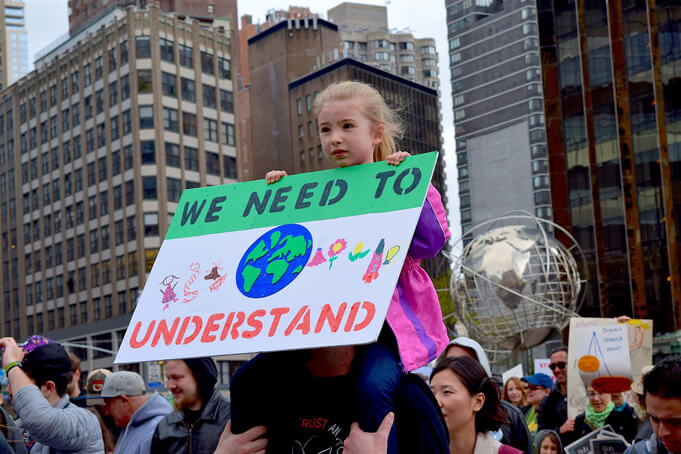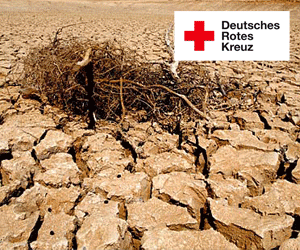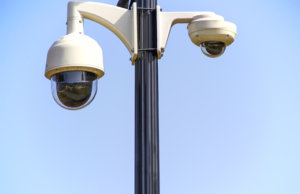This past weekend thousands of scientists, students and research advocates took the streets in more than 600 cities across the world. The March for Science, which also coincided with East Day, was intended to promote the appreciation for science and protect it from the proposed government budget cuts.

Marches throughout the world
From London to Washington DC, Geneva to Sydney, Rio to Hong Kong – protestors aimed to bring scientists and their work to the forefront of importance. In Berlin, there were more than 11,000 people that took part in the march, carrying signs reading, “We love experts – those with evidence” and “Science not Silence” as they marched from Humboldt University toward the Brandenburg Gate, which was led by mayor Michael Mueller as well as the head of the city’s universities.
Another sign read “There are no alternatives to facts,” in reference to the term used by White House official Kellyanne Conway when discussing the size of attendance at Trump’s inauguration.
“We Berliners know from our own history what the repression of freedom means. That is why we have a particular responsibility to mobilize for free science and an open and tolerant society,” Mueller told marchers.
Heavy response to today’s political climate
One of the largest motivators behind the march comes after US President Trump made moves to cut funding for the Environmental Protection Agency (EPA), NASA, the National Oceanic and Atmospheric Administration and the National Institute of Health (NIH).
The head of the EPA under Trump, Scott Pruitt, and even claimed last month carbon monoxide isn’t the main driver of global warming. The consensus of the scientific community is exactly at odds with this line of thinking.
Scientists participating in the march said they were anxious about both the political and public rejection of the already established research on climate change and the safety of vaccine immunizations.
“Science is necessary. In my opinion empirical science is the key to progress by the culture and civilization we have developed,” said one participant.
“We have a president and Congress who dismiss scientific facts and things like climate change. They’re not passing legislation to improve the environment, they’re making things worse. By disbelieving in facts we create a situation where it’s hard to have anything that’s real. We’re in a political situation where lying has become the prevalent mode of acting,” said another.
And bring more awareness to science…
As scientific work depends on objective experiments, funding and the ability to conduct these experiments without manipulation from government and private entities that could compromise the integrity of the data is essential.
A popular science figure in the US, TV personality Bill Nye (a.k.a. Bill Nye the Science Guy) spoke alongside pediatrition and public health campaigner Mona Hann-Attisha in DC. Hanna-Attisha was the first to bring attention to the high levels of lead in drinking water in Flint Michigan. “Flint is what happens when we dismiss science,” she said.
As well, in many countries throughout the world, the media doesn’t do a proper job of giving respect to scientific reasoning.
“One of the things that bothers me right now is that most Americans don’t really understand what a scientific consensus is and the media is not helping. For example with climate change, there’s a scientific consensus – 99 percent of scientists agree that climate change is real, 1 percent doesn’t. But the media, in order to try and appear neutral, will have one person represent ‘climate change is real’ and one person represent ‘climate change is not real’,” said marine safety engineer Stephanie Groleau. “So when regular Americans are watching that on TV, they think it’s a 50-50. When facts are being discussed, not opinions, it’s not 50-50.”





















